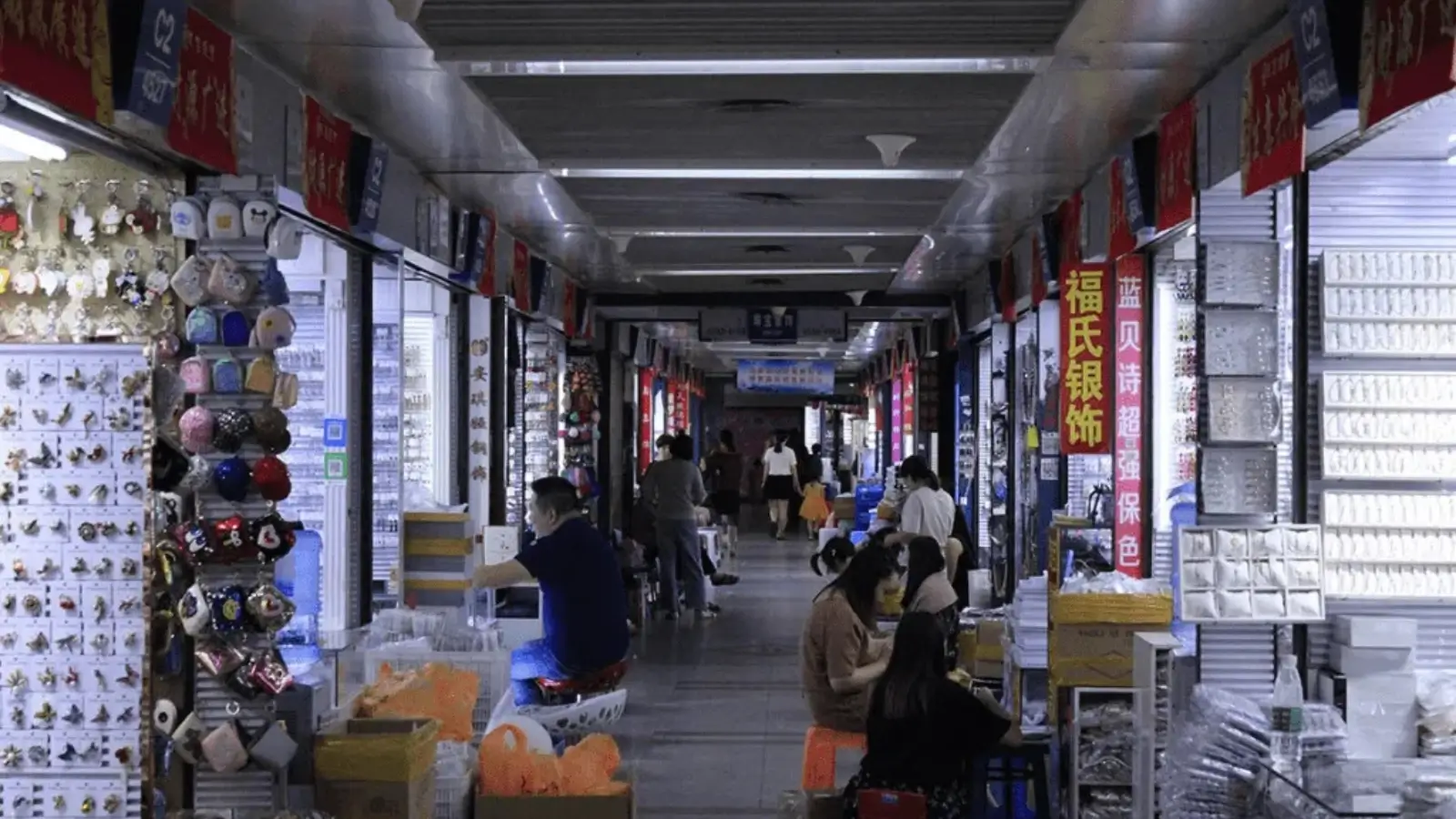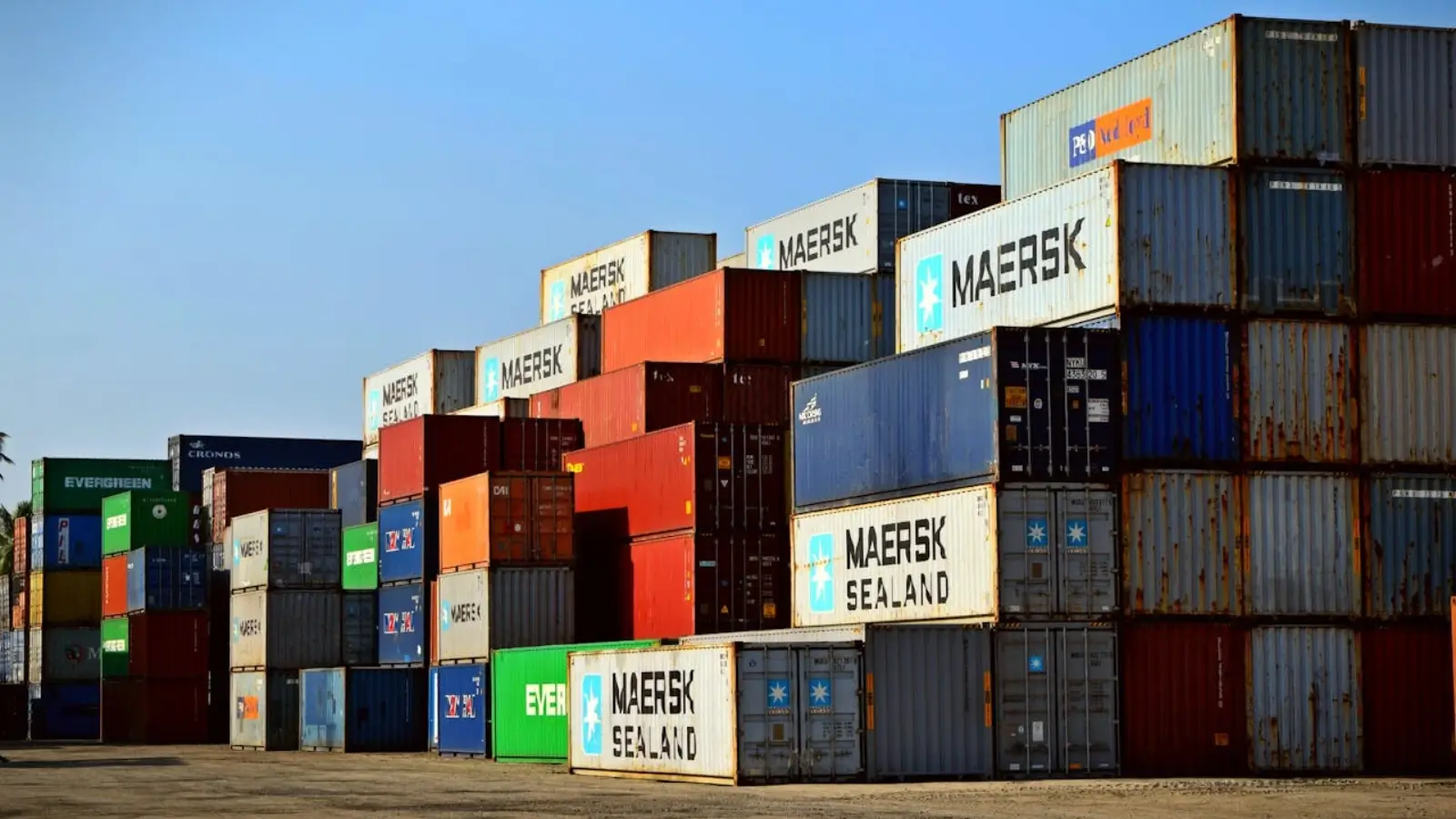Negotiating prices is one of the most important skills for anyone sourcing products from the Yiwu Market. Known as the world’s largest wholesale market for small commodities, Yiwu attracts thousands of buyers every year who want quality products at competitive rates. While the market is already famous for affordable pricing, skilled negotiation can make a significant difference to your profit margins. Whether you are a first-time visitor or an experienced importer, knowing how to approach pricing discussions can help you secure better deals and build long-term relationships with suppliers.
This guide will explore how the Yiwu Market operates, why negotiation is essential, practical strategies for bargaining, and how a Yiwu Agent can help you achieve optimal results.
Overview of Yiwu Market and Its Role in Global Trade
Located in Yiwu City, Zhejiang Province, the Yiwu Market spans over 6.4 million square meters and houses more than 75,000 booths across five main districts. It is divided into specialized sections for categories like toys, fashion accessories, textiles, electronics, hardware, and imported goods. Each district focuses on specific product types, making it easier for buyers to navigate.
The market’s influence extends far beyond China. Wholesalers, retailers, and e-commerce businesses from over 200 countries source from Yiwu due to its vast selection, low MOQs (minimum order quantities), and efficient logistics. With direct connections to major ports like Ningbo and Shanghai, Yiwu is a global sourcing hub that offers both affordability and convenience.
To understand the district layout and product categories in detail, you can explore the Yiwu Market Guide.
Why Negotiation is Key When Sourcing from Yiwu Market
Although prices in the Yiwu Market are generally lower than in many other international trade hubs, the initial quote from a supplier should be seen as a starting point, not the final price. Negotiation allows you to:
-
Reduce costs and improve profit margins
-
Get favorable payment terms
-
Secure better quality for the same price
-
Build stronger relationships with suppliers for long-term cooperation
Suppliers expect buyers to negotiate, especially for bulk orders. In fact, failing to negotiate may signal to a seller that you are inexperienced, which could result in higher prices.
Common Pricing Structures in Yiwu Market
Before starting negotiations, it is essential to understand how pricing works in the Yiwu Market. Common factors influencing prices include:
- Quantity Ordered: Larger quantities usually mean lower prices.
- Product Quality: Higher-grade materials or better craftsmanship will cost more.
- Customization Requirements: Printing logos, changing designs, or modifying packaging can increase costs.
- Seasonality: Prices for seasonal goods like holiday decorations can rise before peak demand.
- Supplier Type: Factory-direct suppliers may offer better prices than trading companies.
A Yiwu Agent can help identify whether a supplier is a manufacturer or a reseller, which can influence your pricing strategy.
Practical Negotiation Tips for Buyers
Securing the best deal at the Yiwu Market requires preparation, patience, and good communication. Here are practical tips to follow:
1. Do Your Homework
Research market prices for your chosen product category before visiting. Comparing multiple suppliers within the market will give you a realistic benchmark.
2. Start with Small Talk
Building rapport is crucial in Chinese business culture. Begin conversations with polite greetings and light topics before discussing prices.
3. Ask for Bulk Discounts
If you plan to purchase in large quantities, use this as leverage to ask for lower rates. Even if you are placing smaller orders now, mention your intention to buy more in the future.
4. Negotiate Beyond Price
Sometimes suppliers cannot lower prices further but can offer value in other ways, such as free packaging, faster delivery, or better payment terms.
5. Be Willing to Walk Away
If the price is not meeting your expectations, politely thank the supplier and move to another booth. Often, this will prompt them to reconsider and offer a better deal.
6. Use a Yiwu Agent for Leverage
A Yiwu Agent often has established relationships with suppliers, making it easier to negotiate competitive prices on your behalf.
The Role of a Yiwu Agent in Securing Better Deals
A professional Yiwu Agent acts as your sourcing partner, guiding you through the market and handling every step of the purchasing process. Their role in negotiation includes:
- Language Support: Eliminating misunderstandings by translating accurately between you and suppliers.
-
Price Verification: Comparing quotes from different vendors to ensure you are not overpaying.
-
Supplier Vetting: Identifying reliable manufacturers to avoid middlemen who add unnecessary markups.
-
Order Consolidation: Combining products from multiple suppliers into one shipment, which can reduce costs.
-
Cultural Insight: Navigating local business etiquette to create trust with sellers.
You can learn more about these services on the Goldenshiny homepage.
Cultural Etiquette and Communication Strategies
Cultural understanding plays a big role in securing better prices at the Yiwu Market. Here are some key points:
- Respect the Relationship: Chinese business culture values long-term relationships over short-term gains.
- Be Patient: Negotiations can take time, especially if multiple decision-makers are involved.
- Polite Bargaining: Avoid aggressive tactics; instead, use respectful counteroffers.
- Show Seriousness: Suppliers are more likely to give good prices if they believe you are a committed buyer.
- Gift Exchange: While not always necessary, small tokens from your home country can help strengthen relationships.
Mistakes to Avoid When Negotiating in Yiwu Market
Even experienced buyers can make costly mistakes. Avoid these common pitfalls:
-
Accepting the First Quote: Always compare prices from multiple booths.
-
Focusing Only on Price: Sometimes a lower price comes with lower quality.
-
Overlooking MOQs: Ensure the supplier’s MOQ fits your order plan before negotiating.
-
Ignoring Payment Terms: Favorable terms can improve cash flow even if the unit price is slightly higher.
-
Failing to Inspect Samples: Prices mean little if the product does not meet your quality standards.
Real-Life Examples of Successful Negotiations
A small retailer from Europe visited the Yiwu Market looking for handbags. The initial quote was $6 per piece for a minimum of 200 pieces. By comparing prices from five different suppliers and using a Yiwu Agent to communicate in Mandarin, the buyer secured a price of $4.80 per piece with upgraded packaging at no extra cost.
In another case, an e-commerce entrepreneur sourcing LED lights was quoted $2.50 per unit. After discussing bulk orders for future shipments and allowing the Yiwu Agent to leverage existing relationships, the final price dropped to $2.10, with a shorter lead time.
These examples show how preparation, persistence, and local expertise can lead to meaningful savings.
Final Thoughts
Negotiating at the Yiwu Market is not just about saving money, it is about building sustainable partnerships that can support your business for years to come. By understanding the market’s structure, researching prices, applying effective bargaining strategies, and working with a skilled Yiwu Agent, you can secure better deals and gain a competitive edge in your industry.
Whether you are sourcing fashion accessories, electronics, textiles, or toys, mastering negotiation techniques ensures you get the best combination of price, quality, and service. With the right approach, the Yiwu Market becomes more than just a place to buy goods, it becomes a strategic platform for global business growth.
















